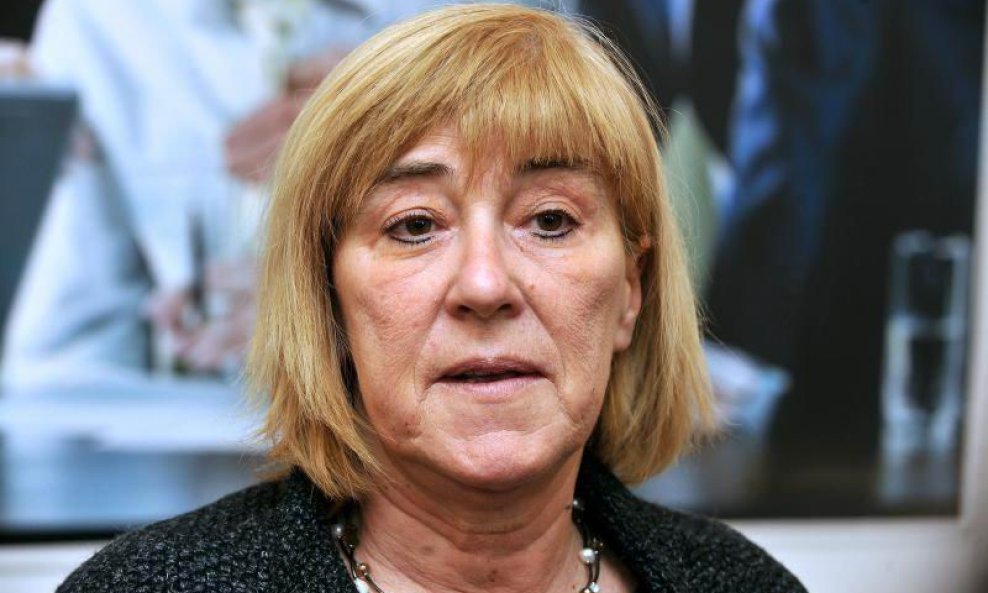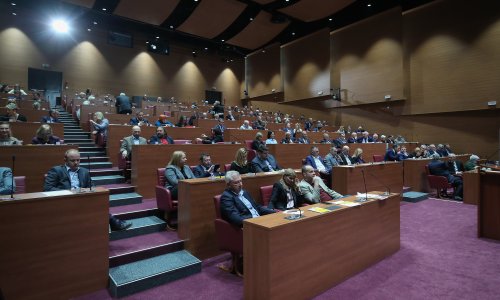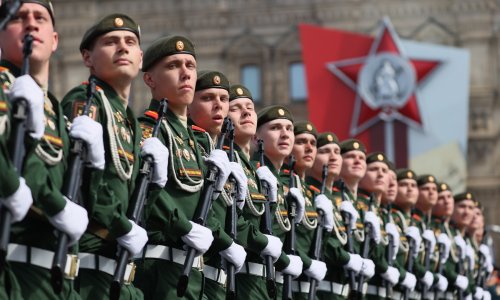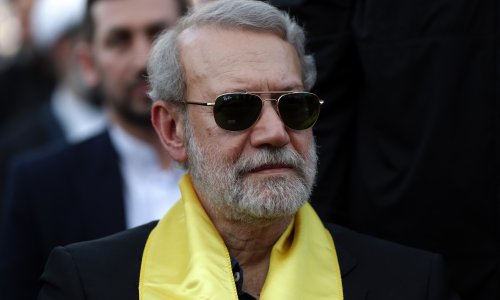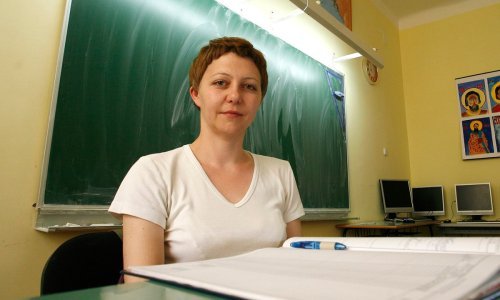A group of 15 Croatian civil society organisations has proposed the establishment of an independent parliamentary body that would monitor the implementation of reforms in the policy area No. 23, Judiciary and Fundamental Rights, for a period of three years after Croatia completes its EU accession talks.
Before the European Commission released its report on Croatia's meeting benchmarks for the policy area No. 23 in February this year, this group published a joint opinion saying that at that moment, "in mid-February 2011, Croatia was not ready for the closing of the policy area No. 23".
The group has now adopted a new, amended opinion of which lately it has been informing EC officials in charge of enlargement.
The civil society organisations still believe that Croatia does not meet all European standards regarding the judiciary and fundamental rights, but they note that they are "aware of the broader political implications of further postponement of Croatia's EU accession, in terms of political stability in Croatia and the entire Western Balkans, which the EU must also take into account when deciding on the pace of Croatia's accession."
"If the EC decides to close the policy area No. 23 for political reasons, and not on the basis of objective assessment of the quality of Croatian policies and implementation capacity in that area, we want to underline the importance of establishing a formal, independent monitoring mechanism for a minimum period of three years upon the completion of the accession talks," reads a document the civil society organisations forwarded to the EC.
Jelena Berkovic of GONG, one of the 16 civil society organisations, told Croatian reporters that this was an internal protection mechanism the purpose of which would be to make sure that the launched reform processes in the judiciary became irreversible.
The mechanism would operate as an independent parliamentary body in which politicians would be in the minority and most members would come from civil society organisations and the academic community. According to the proposal by the 16 civil society organisations, the monitoring body would cooperate with representatives of the European Parliament and EC experts, it would have the status of a special rapporteur for EU institutions, and twice a year it would publish reports. The civil society organisations also ask that the body be explicitly stated in Croatia's accession treaty.
"If that mechanism is opened to representatives of civil society and the academic community, if it is given access to information, data and research on how the judicial reform is actually being implemented and how benchmarks are being met on war crimes prosecution and protection of ethnic minorities, we believe that it would be useful both to Croatia and the reforms and the EU, which would get objective and reliable information on Croatia's progress," said Berkovic.
Vesna Terselic of Documenta, a civil society organisation making up the 16-member group, said that since February significant progress had been made in war crimes trials. She recalled that last week the parliament amended the law on the application of the Statute of the International Criminal Court and prosecution of crimes against international law of war and humanitarian law. Under the amended law, war crimes trials would be exclusively within the jurisdiction of the county courts in Osijek, Rijeka, Split and Zagreb and those courts would be able to use evidence collected by international criminal courts.
Terselic recalled that the issue of compensation for victims of war crimes and crimes committed in the war had still not been resolved.
Sanja Sarnavka of the association B.a.B.e. said that it was problematic that the results of the accession negotiations had not been made public. "The public is not familiar with the content of any of the closed policy areas and that is something the Croatian government is responsible for because the EU is entirely open and has nothing against the publication of the content of closed negotiating areas."
One of the demands of the civil society organisations is the abolishment of the Act on Golf Courses, which they say has "corruption potential, notably regarding local authorities."
"That law is not mentioned in any of the benchmarks and was not mentioned in any progress reports. But after the EC realised that only Croatia has such a law and that it makes possible the expropriation of private land, it has started to follow more closely what the law is about, and we are now more optimistic than before about the possibility of that issue being resolved," said Berkovic.



